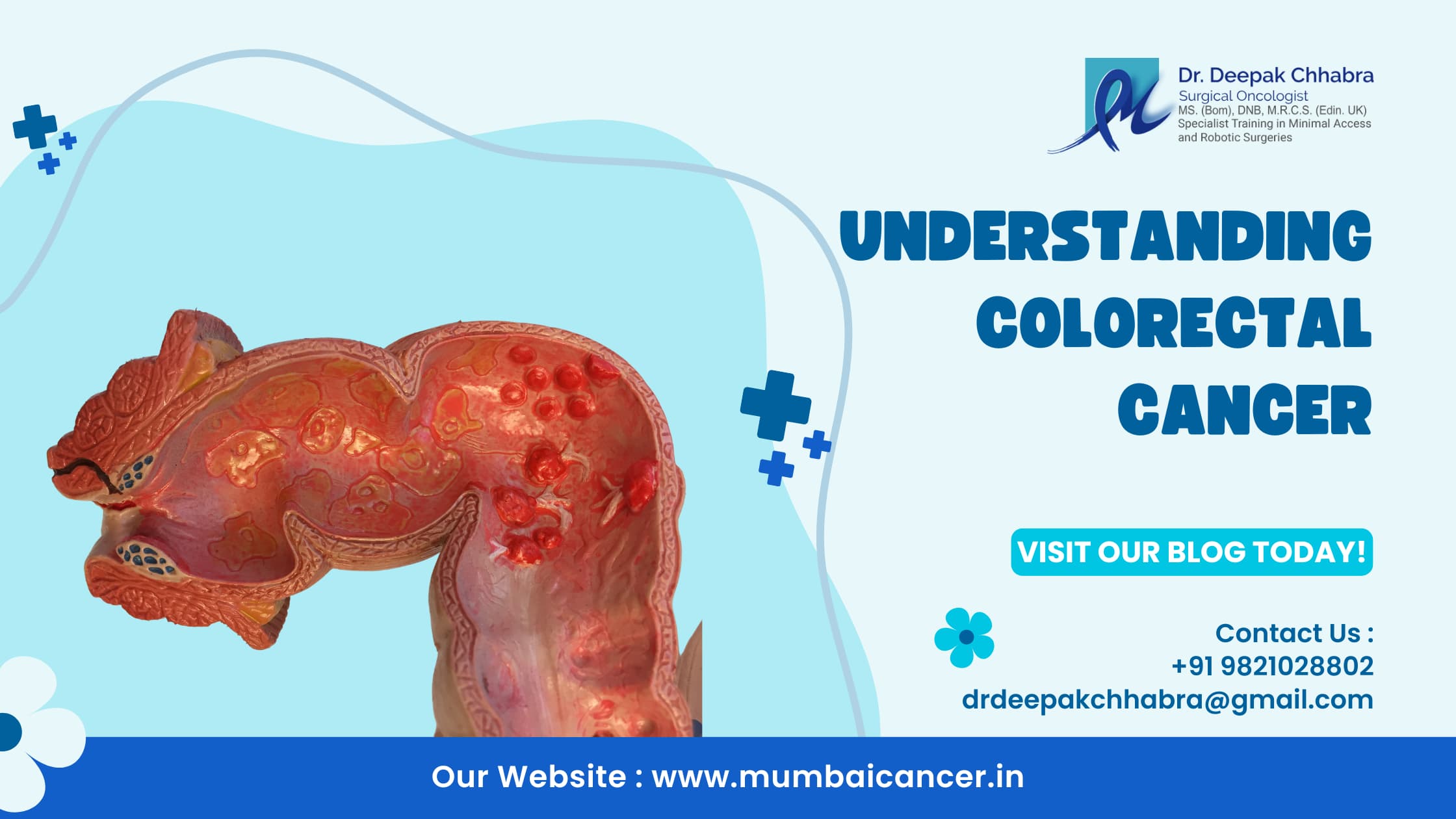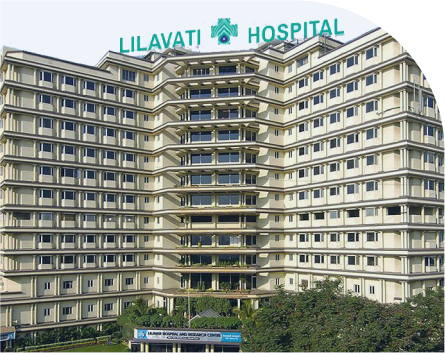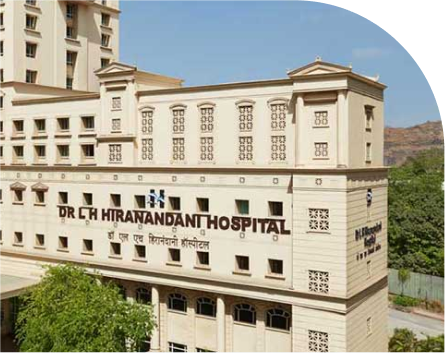

Colorectal cancer is one of the most common types of cancer worldwide, affecting the colon or rectum, which are vital parts of the digestive system. Despite its prevalence, many people remain unaware of its symptoms, risk factors, and treatment options. Awareness is key to early detection and effective management. In this blog, we’ll cover the basics of colorectal cancer, its symptoms, risk factors, prevention tips, and treatment approaches.
Colorectal cancer begins when abnormal cells grow uncontrollably in the colon or rectum. These cells can form tumors, which may spread to other parts of the body if left untreated. The majority of colorectal cancers start as polyps, small growths in the colon lining, which can become cancerous over time. Regular screening can detect and remove polyps, preventing cancer from developing.
Colorectal cancer symptoms often vary depending on the location and stage of the cancer. Common warning signs include:
If you experience these symptoms, consult a healthcare professional promptly. Early detection significantly improves treatment outcomes.
Colorectal cancer can affect anyone, but certain factors increase the risk:
While some risk factors like genetics or age cannot be controlled, lifestyle changes can reduce your risk of developing colorectal cancer:
Screening is one of the most effective ways to prevent and detect colorectal cancer early. Some common screening methods include:
Regular screenings can save lives by identifying issues before they develop into cancer.
Colorectal cancer progresses through several stages:
Early-stage cancers are more treatable, highlighting the importance of early detection.
Treatment for colorectal cancer depends on the stage and location of the tumor, as well as the patient’s overall health. Common treatment methods include:
A cancer diagnosis can be overwhelming, but support is available. Speak openly with your healthcare team, join support groups, and rely on friends and family for emotional support.
Lifestyle changes during and after treatment can improve outcomes. Maintain a nutritious diet, stay active as recommended by your doctor, and attend all follow-up appointments to monitor your recovery.
Colorectal cancer is preventable, treatable, and often curable when detected early. By understanding the symptoms, risk factors, and treatment options, you can take proactive steps to protect yourself and your loved ones. Regular screenings, a healthy lifestyle, and prompt medical attention for unusual symptoms are crucial in reducing the impact of this disease.
Spread awareness about colorectal cancer to help others recognize its importance. Knowledge saves lives, and together, we can make a difference in the fight against cancer.

Stay up-to-date with the latest developments in cancer research, treatment, and patient stories through our curated collection of cancer blogs and news articles. From breakthrough discoveries to inspiring survivor journeys.
Discover first hand accounts from patients who have experienced compassionate care and expert treatment at our clinic. Read their reviews to get to know their journey.
5 Out of 5 from 92 Reviews
“Two years back had my father's major Liver surgery done by Doctor Deepak Chhabra, right now he is absolutely fit and fine. As a Doctor he is very well mannered calm & easily understand the condition of the patient. He use to explain comprehensively about the infection and procedure of surgery and its pros and cons. Respectful Doctor in the field of Oncosurgery/Surgical Oncology in mumbai. Recommended doctor by some of the best Cancer Doctors & Medical Oncologist in Mumbai."
“My mother was diagnosed of colon cancer, and I was recommended to see Dr Deepak Chhabra for consultation. The first impression of Dr Chhabra was… he is so young! But after consulting him we realized his level of experience and there was a sense of confidence he spilt over us.We knew we could trust him."
“Dr Chhabra is a highly experienced surgeon. He had done the treatment for my mother who was diagnosed with breast cancer. He is very patient and understanding and handles his patients with lots of care. I highly recommend him for any sort of medical advice or surgery."
“I,myself preferred Lilavati & then I chose Dr.Deepak Sir. I feel so blessed to know u & have u as my doctor. Any doctor can prescribe, but only a few good ones can really impress. I can vouch for the fact that ur abilities r unmatched & U’ve gone above & beyond everything I ever would’ve expected. The world would be a much better place if all of the doctors/peoples were like u! U & the staff has been really awesome & thanks for everything."






Consultation can be done by :